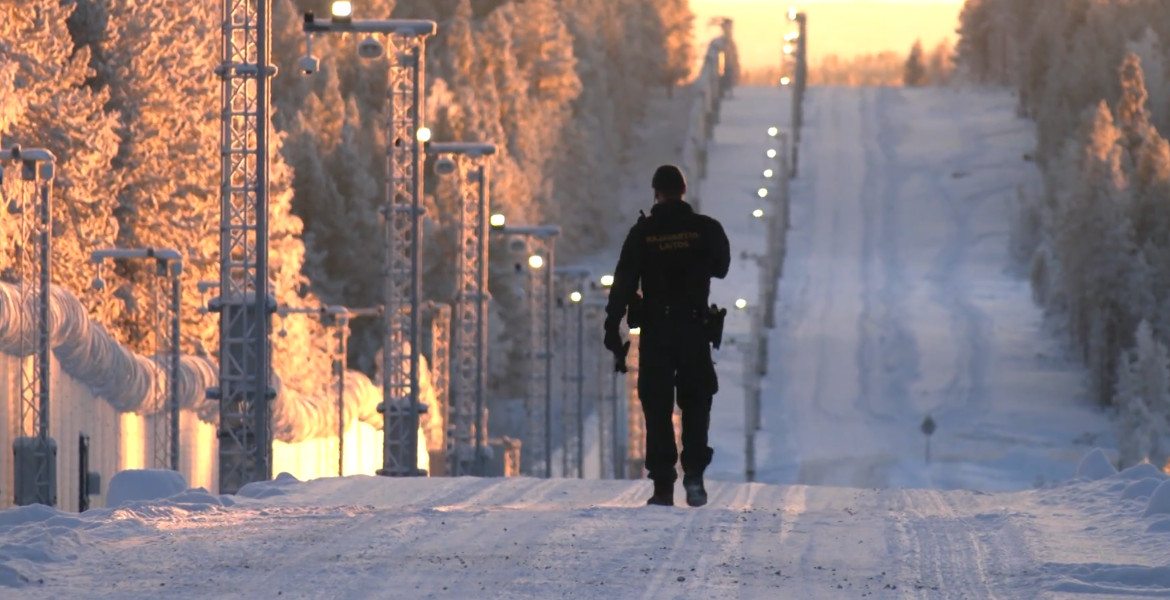The Finnish government is now backing away from plans to raise the sugar tax. The Finnish Institute for Health and Welfare criticizes the politicians' decision and believes that the tax is needed to improve public health.
Last year, the Finnish government decided to introduce a health tax on foods high in trans fats, sugar and salt. The tax would help reduce a €12 billion budget deficit, but was also justified on the grounds that unhealthy diets cause health problems that are costly to society.
The tax on sweets and chocolate was planned to be raised from 14% to the general tax rate of 25.5%.
Now the government has decided to back down on the tax increases on sweets, reports Finnish state broadcaster Yle. According to Minister of Finance Riikka Purra, the proposal was criticized during the consultation round, and its compatibility with EU regulations was deemed uncertain.
The Finnish Institute for Health and Welfare (THL) is critical of the government's decision. The sugar tax was part of a larger initiative where it would be combined with reduced taxes on healthy foods.
– We wanted to convey that THL supports the health and well-being of citizens first and foremost by controlling consumption, says Heli Kuusipalo, Senior Specialist at THL.
Candy manufacturers satisfied
The candy company Fazer, which previously criticized the tax increase and called it a "Fazer tax", welcomes the government's decision. The company thanks the government for listening to the industry's objections.
"I am very pleased with the government's decision to withdraw its proposal to increase VAT on sweets and chocolate. In cooperation with other food industry stakeholders, we have been dialoguing on the topic with the government parties and key stakeholder groups since last spring", commented CEO Christoph Vitzthum in a press release.
The tax increase threw a wrench into Fazer's new chocolate factory in Lahti, but now the company announces that development can continue.
Instead of the health tax, the government will raise taxes on wine and also remove tax breaks for electricity use in mines and data centers.




